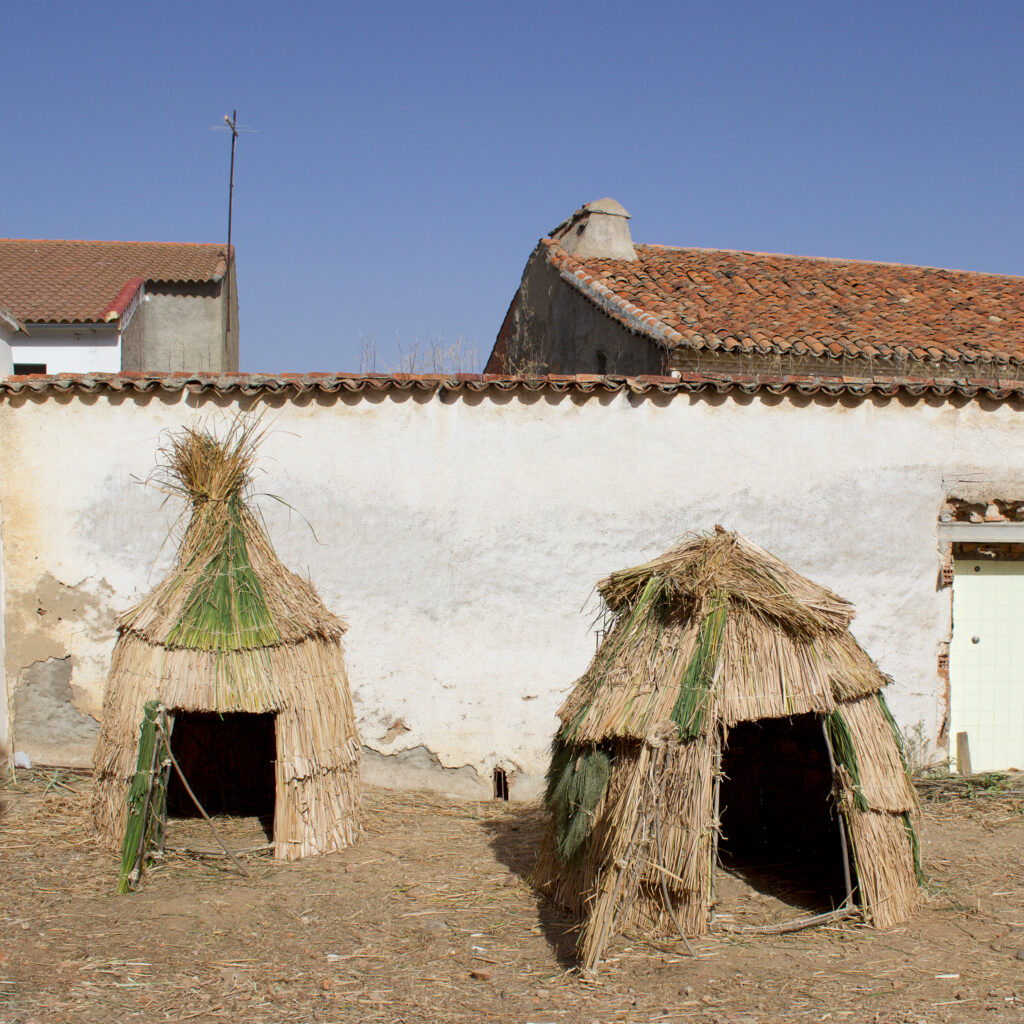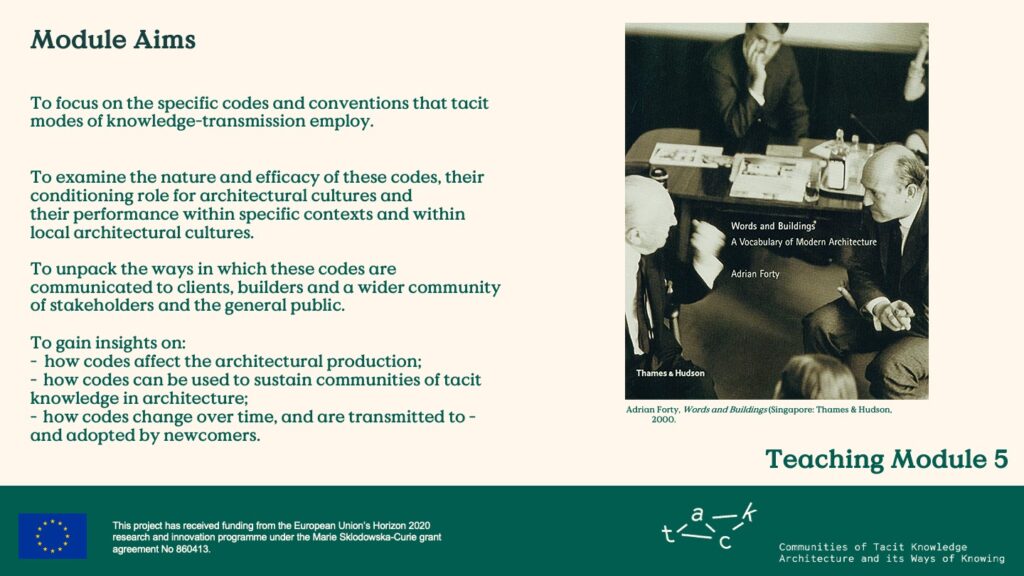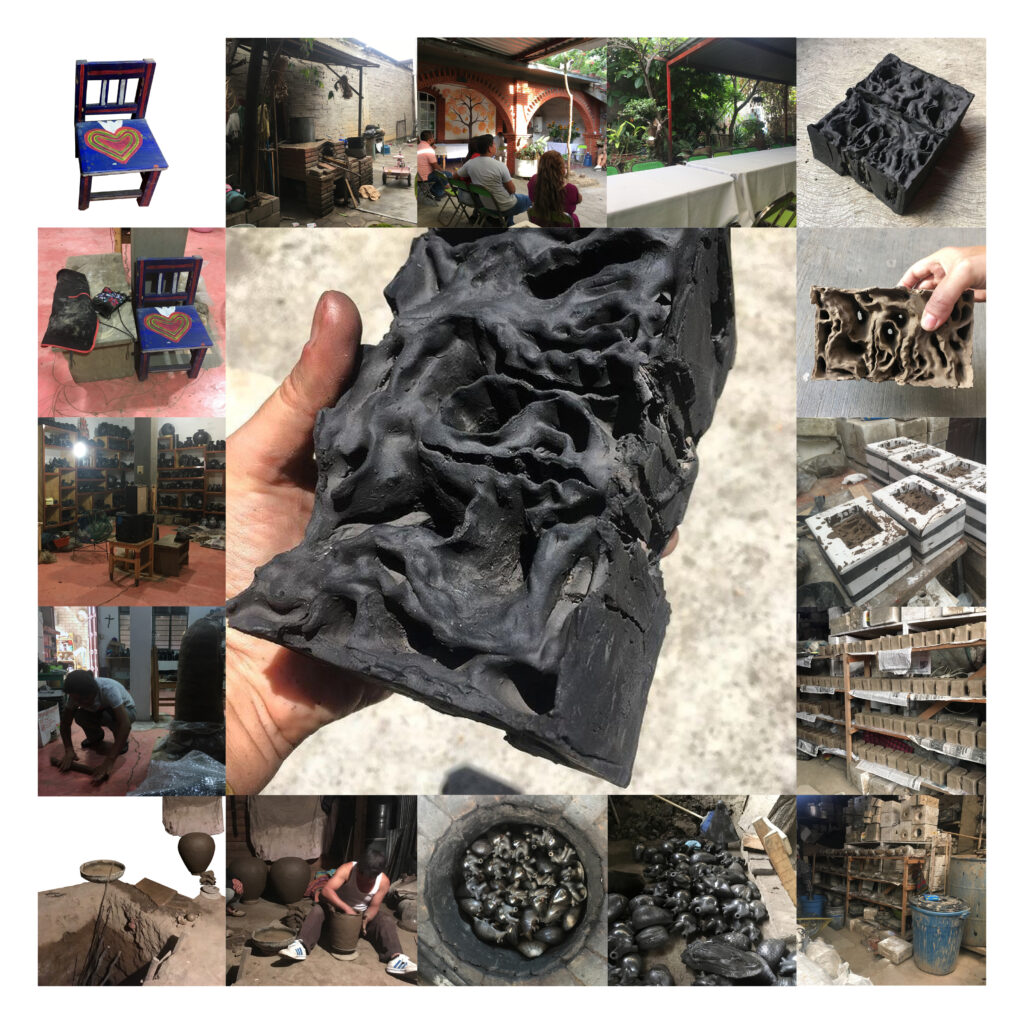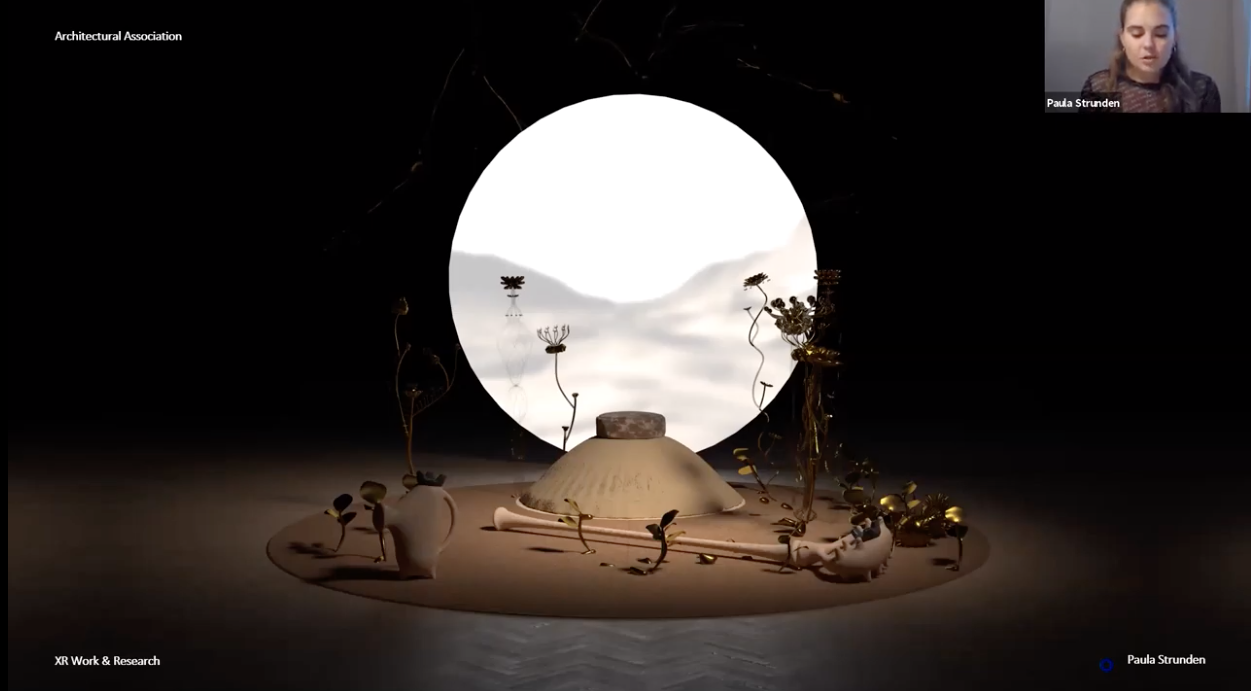Return to archive
title
TACK Summer School Report: Re-enacting Tacit Knowledge
organised by
Hamish Lonergan
hosted by
Nieuwe Instituut (HNI)
Summer schools played a major role in 20th-century architectural culture, yet they remain largely unexplored. In Re-enacting Tacit Knowledge, a summer school about summer schools, Het Nieuwe Instituut and TACK set out to investigate and recreate the dynamics of these important but neglected events, as organiser Hamish Lonergan reports.
During the 20th century, summer schools emerged as influential moments of encounter and collaboration between students and teachers from diverse cultural contexts. Yet despite their persistence and prominence, there has been relatively little exploration of their role in architectural culture and education. Re-enacting Tacit Knowledge, a summer school about the tacit dimension of summer schools held at Het Nieuwe Instituut in September 2021, set out to fill this gap. The event formed part of the ongoing collaboration between the institute and the Horizons 2020 Innovative Training Network: TACK / Communities of Tacit Knowledge: Architecture and its Ways of Knowing.
In part, the neglect of the summer school relates to the ephemeral and intangible quality of the format: intense, productive, social, life-changing – but only for a month or two. These qualities are difficult to capture in a text or a drawing in an archive. In Re-enacting Tacit Knowledge, therefore, we began, with the hypothesis that a set of experimental research methods – fictocriticism, performance and re-enactment – might help us understand the embodied, social, experiential and often unconscious forms of knowing embedded within, and transferred by, these recurring educational events.
Searching for traces
The programme followed two broad trajectories. The first phase established a theoretical and historical background through a series of seminars: on performance and re-enactment in architectural education, by Angelika Schnell and Eva Sommeregger; on CIAM, Team 10 and the office of Van den Broek and Bakema by Dirk van den Heuvel; on fictocriticism and writing architecture by Hélène Frichot; on the practice of ‘reading’ the city at the International Laboratory for Architecture and Urban Design (ILAUD) by Elke Couchez; on ILAUD and its first director, Giancarlo de Carlo, by Paolo Ceccarelli and Giulio Verdini; and on re-enactment as an artistic practice by Claudia Slanar. The first week also included a public lecture by Albena Yaneva on archival ways of knowing, organised in collaboration with Het Nieuwe Instituut’s Thursday Night Live!
At the same time, we engaged in more informal discussions and conducted archival research, searching for traces of various summer schools in the collection of Het Nieuwe Instituut. These included the earlier CIAM Summer Schools (1946-1956), the Salzburg Sommerakademie (1953-present), the International Design Seminar at TU Delft (1962-present), the NAi Masterclass series (1996-2000) and the masterclasses of the Berlage Institute. Yet summer schools are social occasions: discursive, often argumentative, and as much about personal connections and late-night discussions as the work on paper. We could glimpse some of what was falling through the gaps in official records in conversations with Frans Hooykaas – who assisted Jaap Bakema during his time at the Salzburg Sommerakademie – and Per Olaf Fjeld, who taught at ILAUD for many years as part of a group from the Oslo School of Architecture. As a first experiment in the methods of the summer school, we re-enacted a super 8 film from the personal archive of Jaap Bakema of the so-called “burial of CIAM”, transposed from the 1959 CIAM meeting at Otterlo to the garden of Het Niewe Instituut.
Informal moments
In the second phase, we applied what we had learnt to a re-enactment of one particular summer school: the 1986 ILAUD workshop. Groups were assigned a brief set by Giancarlo de Carlo for the charette exercise introduced at ILAUD 1986 and given the same time period to complete a design proposal for a new site in Rotterdam: the Van den Broek and Bakema designed Lijnbaan. But the real difference, this time, was that each group was asked to complete the charette in the manner one of the schools which participated in the early years of ILAUD, tasked with unearthing the tacit knowledge of each particular pedagogical context.
Participants visited the Lijnbaan, worked – design studio-style – on the sixth floor of Het Nieuwe Instituut and discussed their projects with a revolving group of guests from the TACK group and beyond, who stepped into an advisory role originally filled at ILAUD by visiting critics such as Denys Lasdun and Peter Smithson. At the same time, just like participants at ILAUD, we chatted over lunch each day, met for after-studio drinks and had conversations in the stairwell: informal moments, outside the official programme.
The participants’ task was to conduct a close reading of the ILAUD Annual Reports – and the other summer school archive material at the institute – to try to comprehend the unspoken understanding of these various “communities of tacit knowledge” by physically re-enacting conversations, drawings and activities from ILAUD. This re-enactment might have been speculative, but we were informed by rigorous extrapolations of what was known. If the final drawings depicted in the annual reports represented the known results of ILAUD, many of the groups explored the tacit processes that produced them. In some groups, the rapid pace of the re-enactment encouraged members to produce work in the same tangible and analogue way as students in the 1970s, drawing and making by hand.
For others, it was important to understand how the schools placed themselves in relation to what Tom Avermaete has described as “the unarticulated epistemes of tacit knowledge”. Using more narrative-centred techniques – texts, films, sound recordings, informed by fictocriticism – they explored their schools’ position regarding issues such as participation and phenomenology, which figured heavily in discussions at ILAUD. Others were interested in the tacit dimension of the social context of the summer school: re-enacting and recording how students and teachers discussed the projects and negotiated between their different, tacit perspectives.
All together
On the final day, each group delivered a final “performance” to a panel of members of TACK and Het Nieuwe Instituut, combining their drawings, films and texts with more theatrical dialogues and presentations, “in character” as their assigned school. It pushed many out of their comfort zone, while nonetheless generating productive speculations on embodied and social tacit knowledge: particular presentation styles, forms of group discussion, dynamics between teachers and students, and ways of seeing and experiencing the city.
What, though, did this re-enactment and performance accomplish? We certainly started to look at archival documents in a different way. Not just as evidence to be assembled as part of an argument about what might have happened, but also indicating gaps in the historical record: what was not said, or could not be said; what was hidden and what was tacit. For everything described or represented in the annual reports, there was a real action – embodied by a real person – the impacts and effects of which cannot be entirely captured in these documents. On the simplest level, the relationship between drawing a line on a page and on a screen or in virtual reality: the time it takes, and how your body moves to do it. We started to understand, too, something more of what it felt like to be all together for a prolonged period. Even if we were only in Rotterdam for two weeks, rather than the two months of ILAUD, we experienced the productivity of working together so closely, but also the frustrations and complications that De Carlo only alludes to in the reports. Sharing informal moments seemed as important as the formal seminars and activities. Indeed, as we observed, it is often in these moments that a group of individuals from different cultural and pedagogical backgrounds really starts to come together to form the new, shared “community of tacit knowledge” of the summer school itself.
Thank you to all the participants involved: Jhono Bennett, Valeria Casali, Filippo Cattapan, Shriya Chaudhry, Eric Crevels, Emanuele De Angelis, Claudia Mainardi, Filippo Oppimitti, Lucia Pennati, Michele Porcelluzzi, Ionas Sklavounos, Yagiz Soylev, Paula Strunden, Mara Trübenbach, Anna Livia Vørsel and Caendia Wijnbelt.
This project has received funding from the European Union’s Horizon 2020 research and innovation programme under grant agreement No 860413. This website reflects only the author’s view and the European Commission Research Executive Agency is not responsible for any use that may be made of the information it contains.




